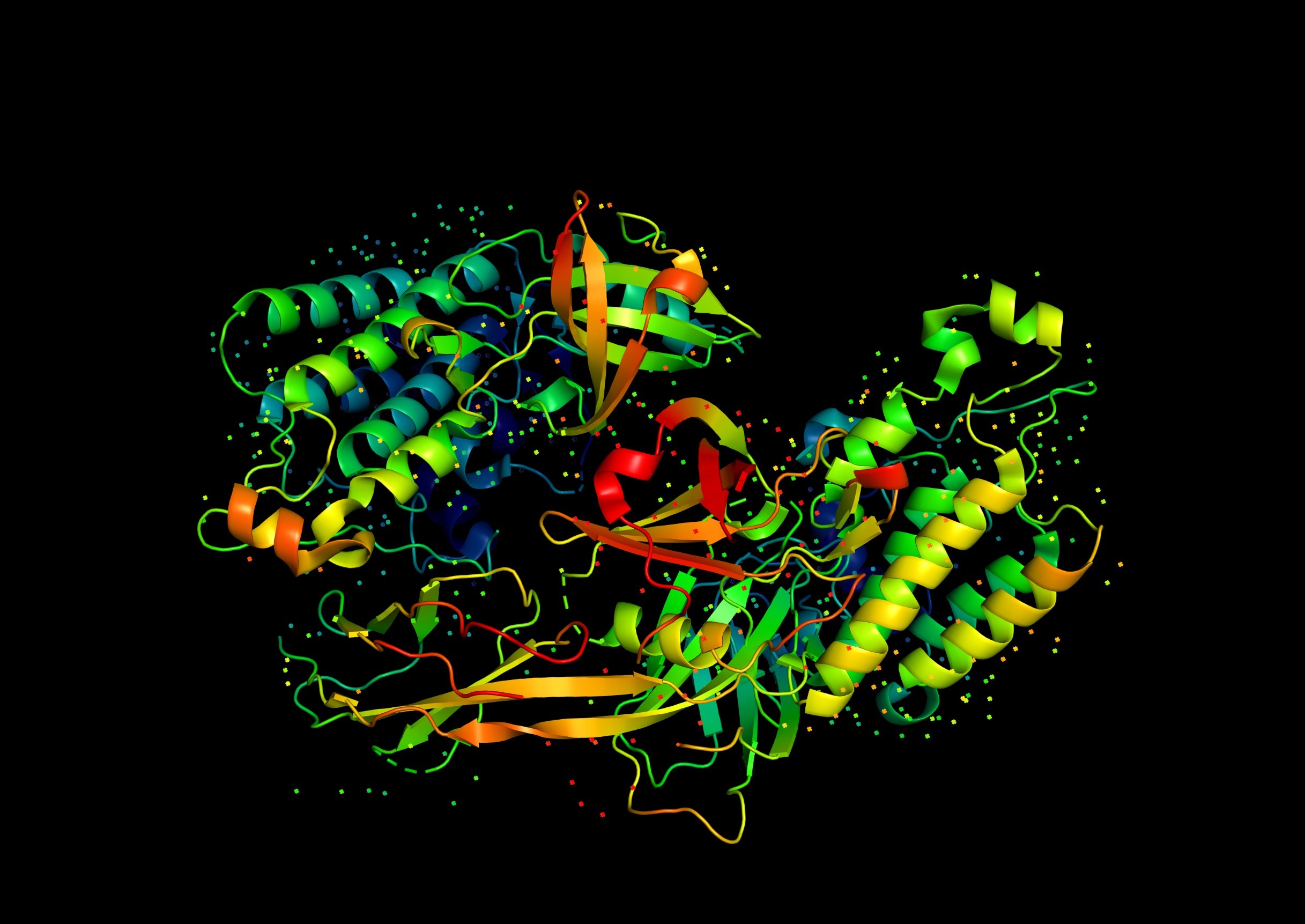Protein disulphide isomerase (PDI) plays a crucial role in post-translational modification (PTMs) of proteins, particularly those involving disulphide bonds. Disulphide bonds are covalent bonds formed between two cysteine residues within a protein, and they contribute to the protein’s stability and conformation.
PDI helps in post-translational modification through the following biochemical processes:-
Disulfide Bond Formation
PDI assists in the correct formation of disulphide bonds during protein folding. It acts as a catalyst by transferring disulphide bonds between cysteine residues within or between different protein molecules. PDI facilitates the correct pairing of cysteine residues and ensures that disulphide bonds are formed in the appropriate positions, leading to the correct protein structure.
Disulphide Bond Rearrangement
PDI also catalyzes the rearrangement of incorrect disulphide bonds that may have formed during protein folding. It can break incorrect disulphide bonds and form new ones, thereby promoting the correct folding and structure of proteins. This process is important for ensuring proper protein function.
Reduction of Incorrect Disulphide Bonds
In some cases, disulphide bonds may form inappropriately or incorrectly, leading to protein misfolding or aggregation. PDI can reduce these incorrect disulphide bonds, allowing the protein to refold properly or undergo further modifications.
Chaperone Activity
Apart from its isomerase activity, PDI also exhibits chaperone-like functions. It helps to prevent protein aggregation, promotes correct protein folding, and assists in the degradation of misfolded proteins. PDI can bind to partially folded or unfolded proteins, protecting them from aggregation and facilitating their proper folding.
Overall, PDI acts as a molecular chaperone and an enzyme, assisting in the correct folding, structure, and function of proteins by facilitating the formation, rearrangement, and reduction of disulphide bonds. By playing these roles, PDI contributes significantly to the proper post-translational modification of proteins.


Leave a Reply